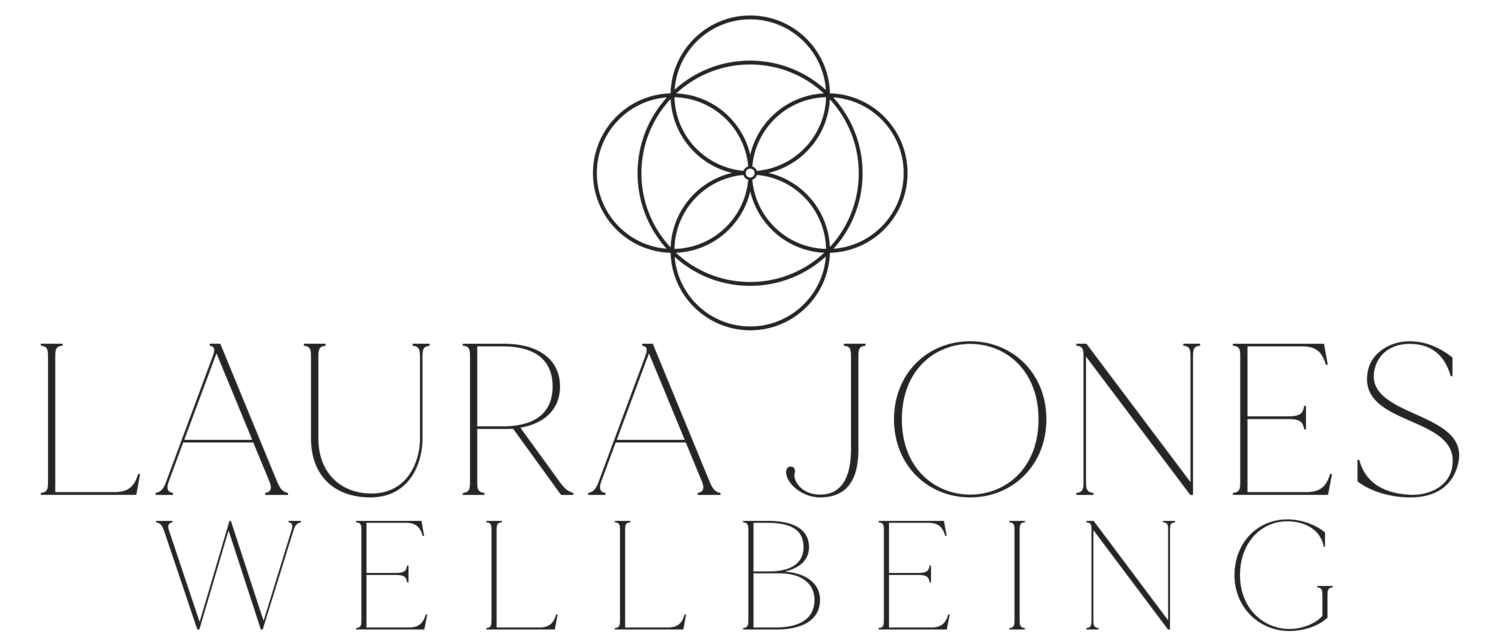
PCOS
PCOS & Acupuncture
Polycystic ovarian syndrome (PCOS) is the most common female endocrine disorder. Up to one-third of women in the UK have polycystic ovaries (i.e. 10 or more follicles per ovary detected on ultrasound), and around a third of these are thought to have the syndrome (DTB 2001). PCOS is strongly associated with hyperandrogenism, ovulatory dysfunction and obesity (Stener-Victorin 2008). The syndrome also increases the risk for metabolic disturbances such as hyperinsulinaemia and insulin resistance, which can lead to type 2 diabetes, hypertension and an increased likelihood of developing cardiovascular risk factors and impaired mental health later in life (Stener-Victorin 2008).
Despite extensive research, little is known about the aetiology of PCOS, but the syndrome is associated with peripheral and central factors that influence sympathetic nerve activity (Stener-Victorin 2008). Thus, the sympathetic nervous system may be an important factor in the development and maintenance of PCOS. Many women with PCOS require prolonged treatment. Polycystic ovarian syndrome (PCOS) is characterised by the clinical signs of oligo-amenorrhoea (infrequent or very light menstruation), infertility (failure to conceive), acne, male patterned baldness and hirsutism (excessive hair growth). The current conventional medical treatments for women with PCOS are prescription medications, surgery, and lifestyle changes aimed at controlling symptoms.
Research has shown that acupuncture treatment may specifically help with symptoms of PCOS by:
Endorphin Release
impacting on beta-endorphin production, which may affect gonadotropin-releasing hormone (GnRH) secretion (Lim 2010; Stener-Victorin 2009; Feng 2009; Manneras 2009);
Hormone Regulation
a regulatory effect on follicle stimulation hormone (FSH), luteinising hormone ( LH) and androgens (Lim 2010; Feng 2009);
Nervous System
modulating the activity of the sympathetic nervous system and improving blood flow to the ovaries (Stener-Victorin 2006, 2009);
Stress Management
regulating steroid hormone/peptide receptors (Feng 2012);
Hormonal Balance
downregulating the expressions of serum levels of testosterone and oestradiol (Zang 2009);
Insulin Balance
controlling hyperglycaemia by increasing insulin sensitivity and decreasing blood glucose and insulin levels (Lim 2010);
Stress Reduction
acting on areas of the brain known to reduce sensitivity to pain and stress, as well as promoting relaxation and deactivating the ‘analytical’ brain, which is responsible for anxiety and worry (Hui 2010; Hui 2009);
Adenosine Increase
increasing the release of adenosine, which has antinociceptive properties (Goldman 2010), and;
Reduce Inflammation
reducing inflammation, by promoting release of vascular and immunomodulatory factors (Kavoussi 2007).
If you are struggling with PCOS symptoms book in today to find out how we may be able to help you
(Free 15 minute consultations available)
CANCELLATION POLICY
Please give a minimum of 48 hours notice to change or cancel an appointment or the full appointment fee will be charged. Packages of treatment are valid for 12 months and are non-refundable. Debit/ Credit card details or Payment may be taken at booking to secure your appointment


